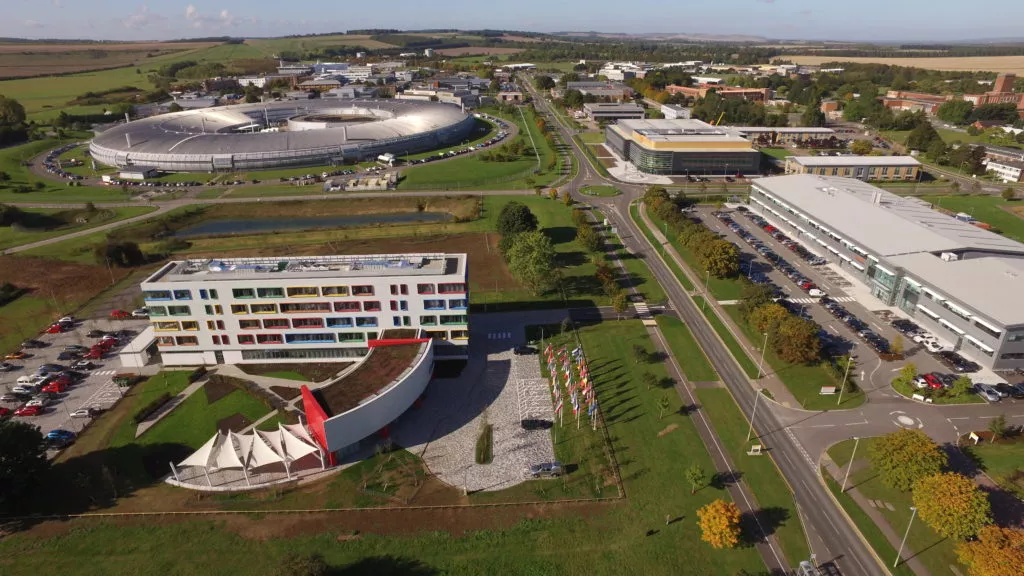Harwell is proud to share its world-leading research and technology facilities with scientists and industry professionals from around the globe. Collaborate with our lab experts, conduct ground-breaking research and gain access to some of the most powerful scientific equipment in the world.
-
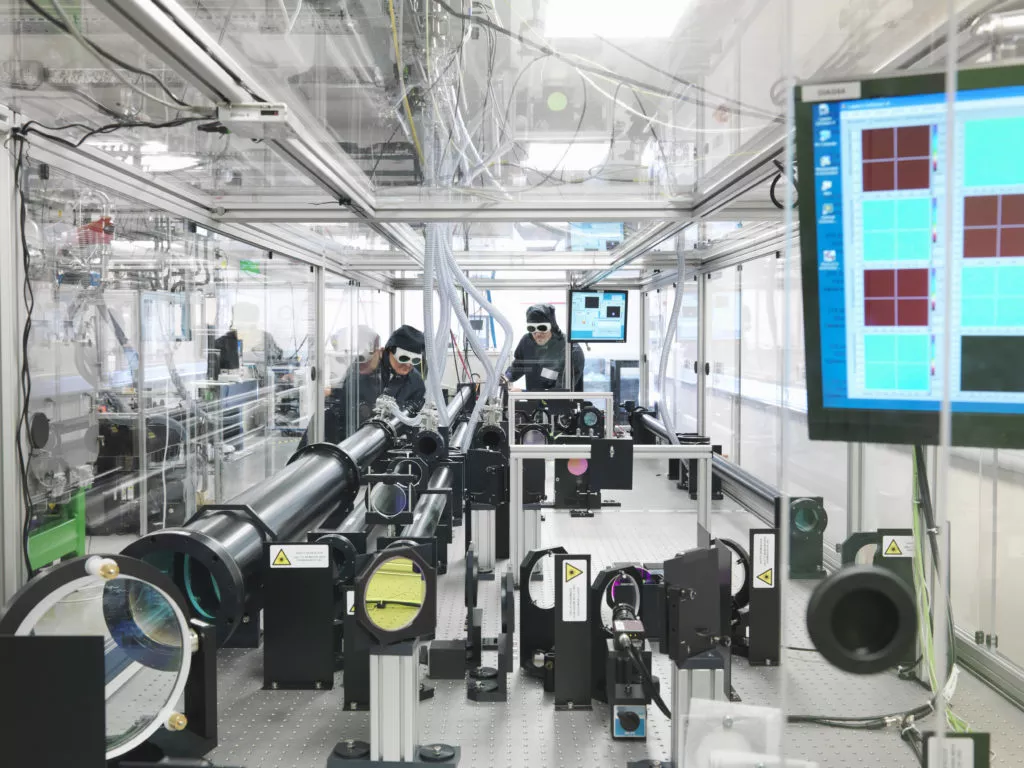
Central Laser Facility (CLF)
CLF is one of the world’s leading laser facilities, capable of recreating the conditions inside stars. It can be used to study biochemical and biophysical processes that form the basis of life itself.
-
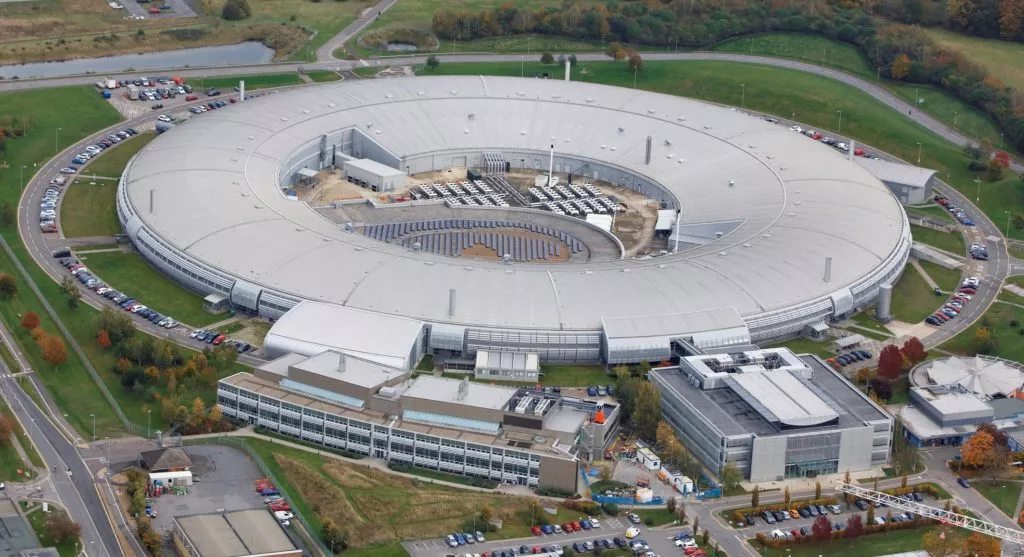
Diamond Light Source
The UK’s synchrotron works like a giant microscope, harnessing the power of electrons to produce bright light that scientists can use to study anything from fossils to viruses and vaccines.
-
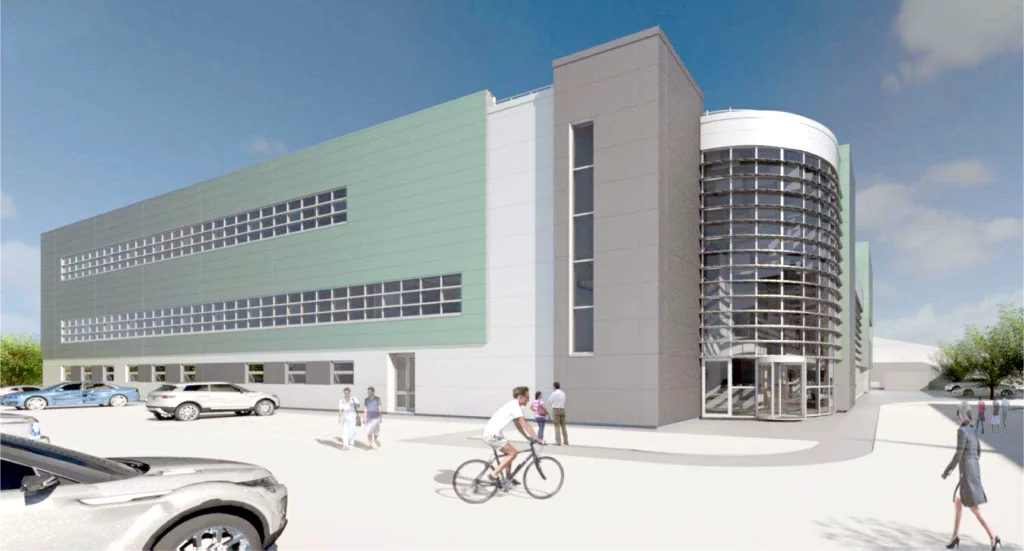
Extreme Photonics Applications Centre (EPAC)
The Extreme Photonics Applications Centre (EPAC) will drive plasma-based accelerators using lasers, producing advanced X-ray sources for imaging in industrial, biological and defence and security environments – providing a boost to UK innovation.
-
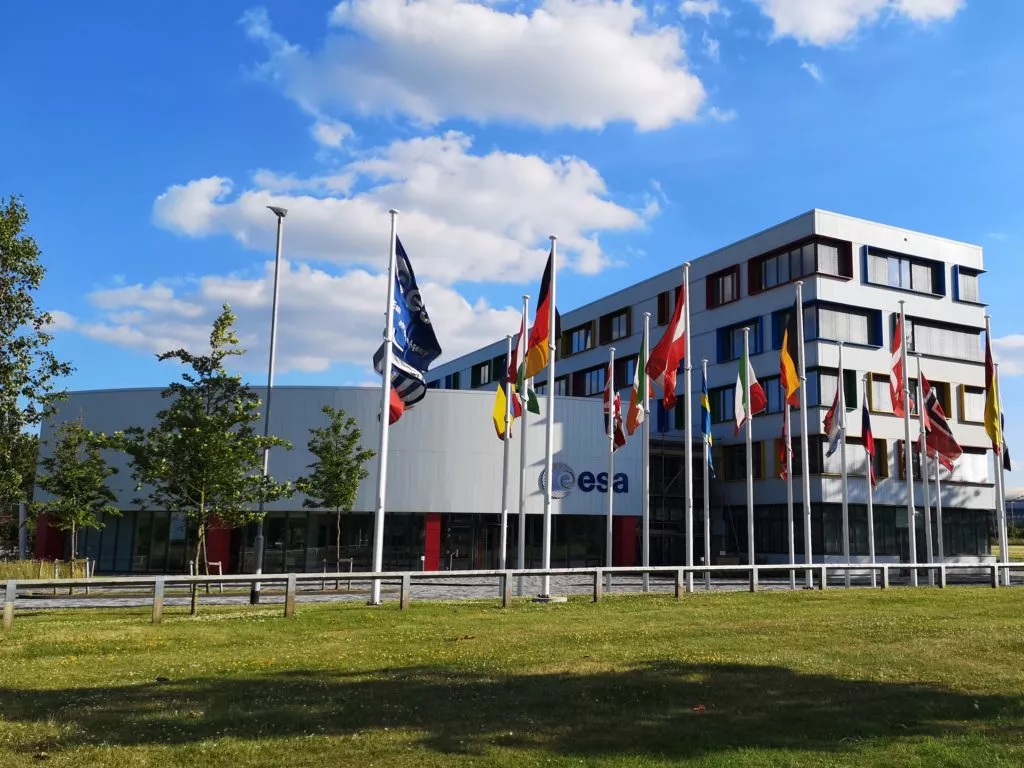
ESA’s ECSAT
ESA’s European satellite and space telecommunications centre (ECSAT) is the UK’s gateway to space.
-
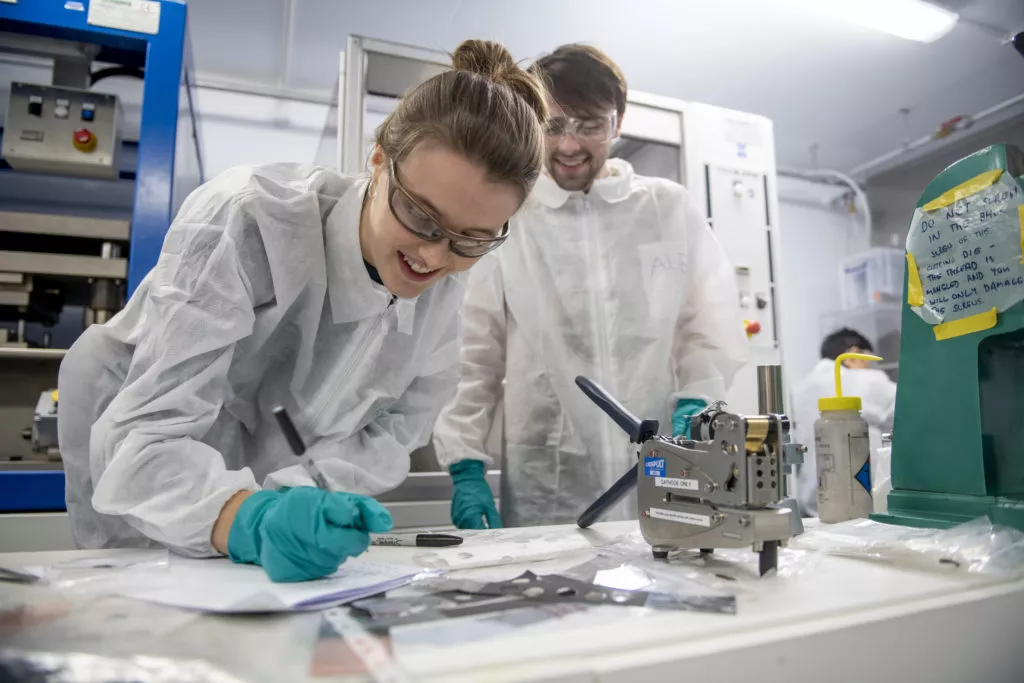
The Faraday Institution
As a world-leader in electrochemical energy storage, The Faraday Institution is making the batteries of today safer, more powerful, sustainable and energy-efficient, and developing next-generation batteries for a cleaner tomorrow.
-
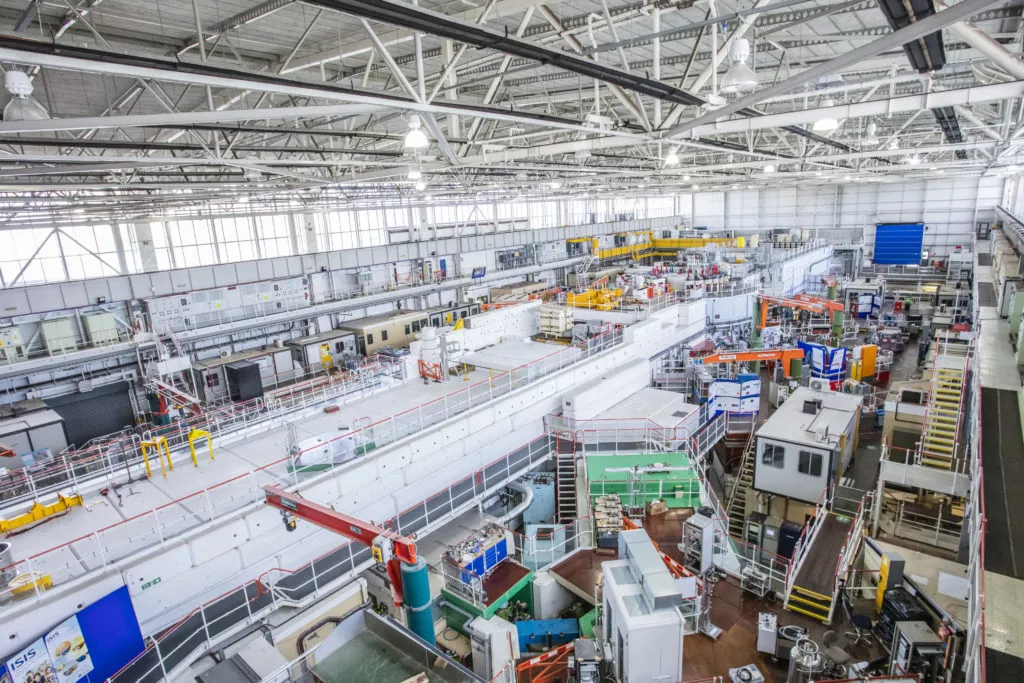
ISIS Neutron & Muon Source
Part of the global scientific infrastructure, ISIS enables scientists from academia and industry to study materials at the atomic level.
-
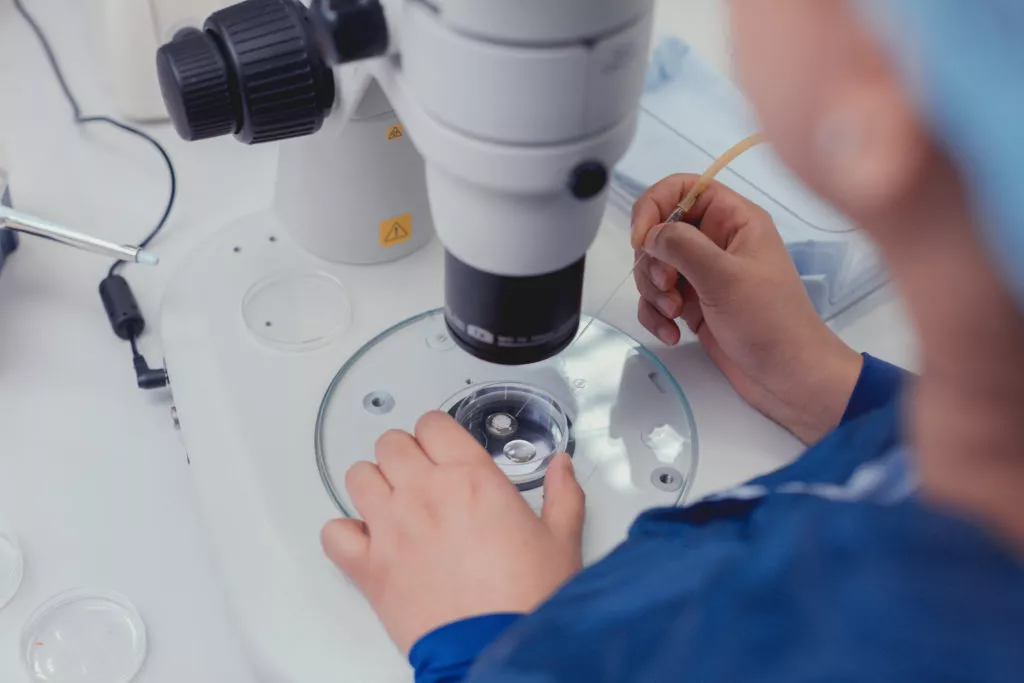
Mary Lyon Centre at MRC Harwell
Helping the scientific community to better understand, diagnose and treat human diseases and degenerative conditions.
-
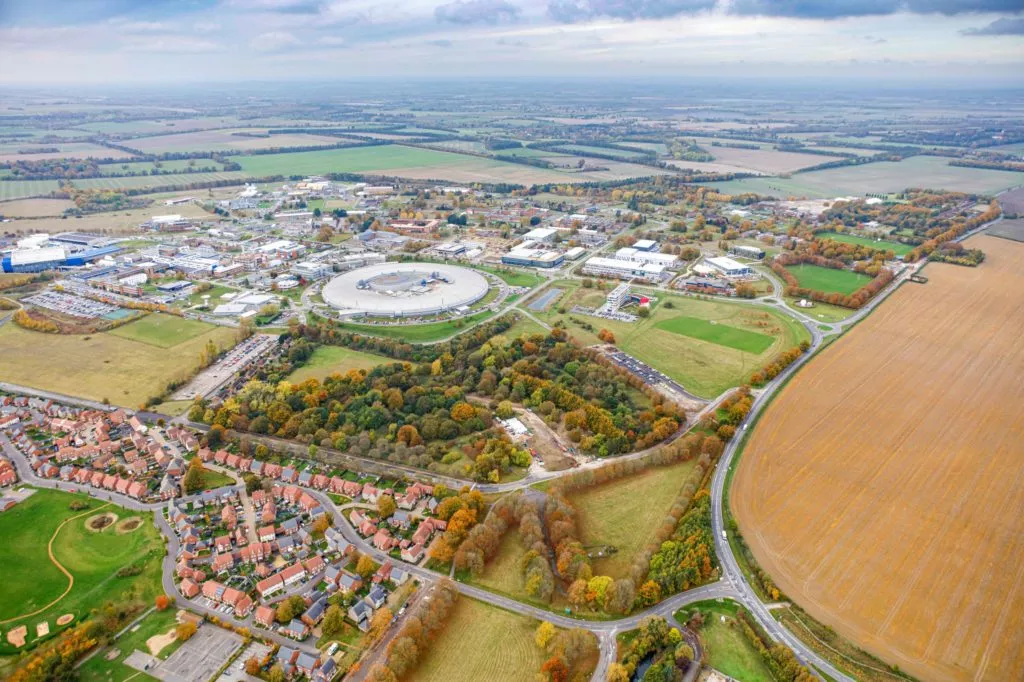
Nucleic Acid Therapy Accelerator (NATA)
Nucleic acid therapeutics have world-changing potential for treating diseases.
-
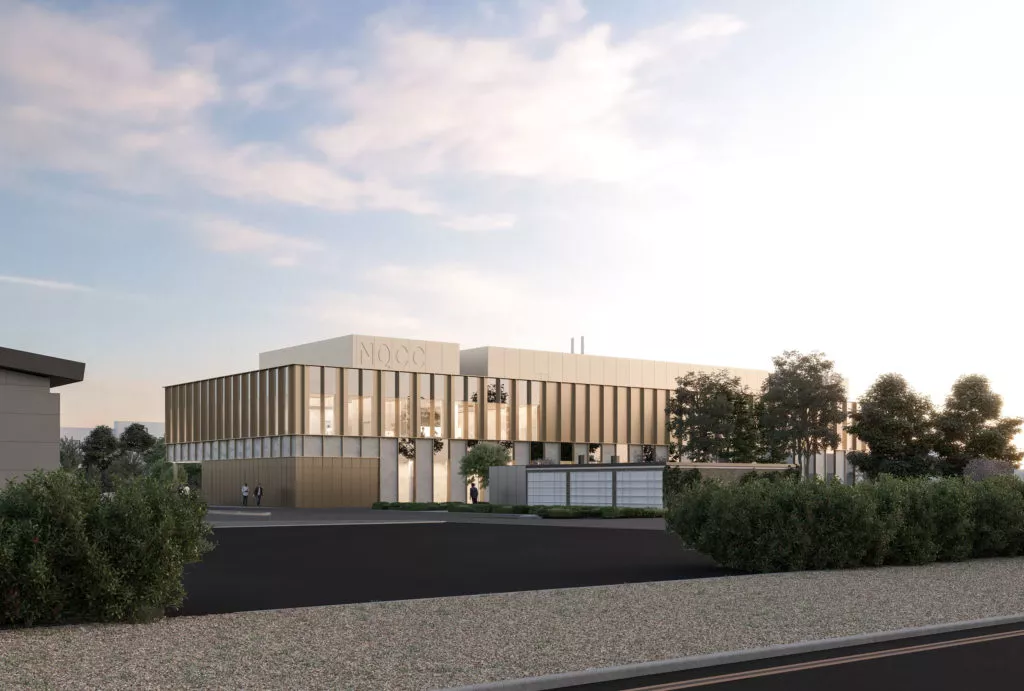
National Quantum Computing Centre (NQCC)
Quantum computing has the potential to change our world by solving intractable problems that are beyond even today’s supercomputers. The National Quantum Computing Centre will ensure the UK is at the forefront of quantum innovation.
-
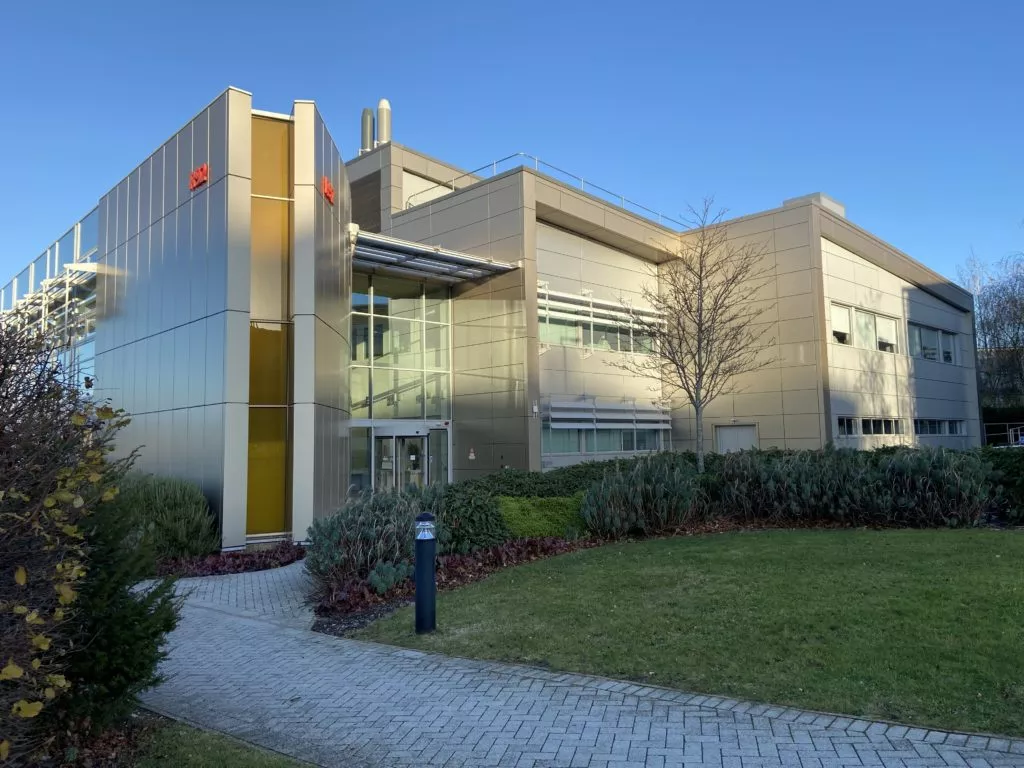
Research Complex at Harwell
A national resource for research in life and physical sciences, delivering scientific excellence across structural and molecular biology, catalysis, energy materials, correlative imaging & advanced manufacturing.
-
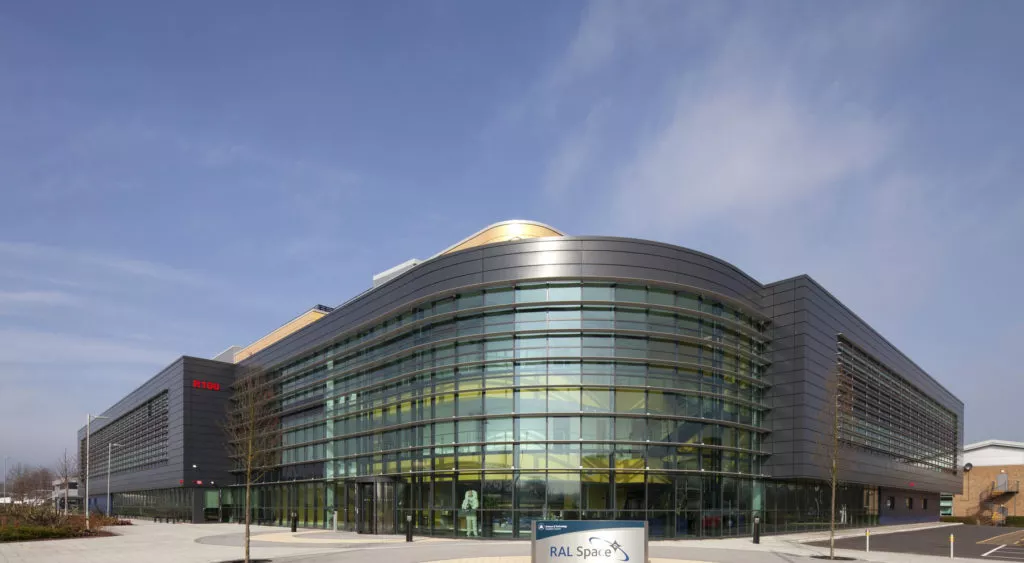
RAL Space
RAL Space carry out space research and technology development and offer unique facilities to help advance understanding of space and our environment.
-
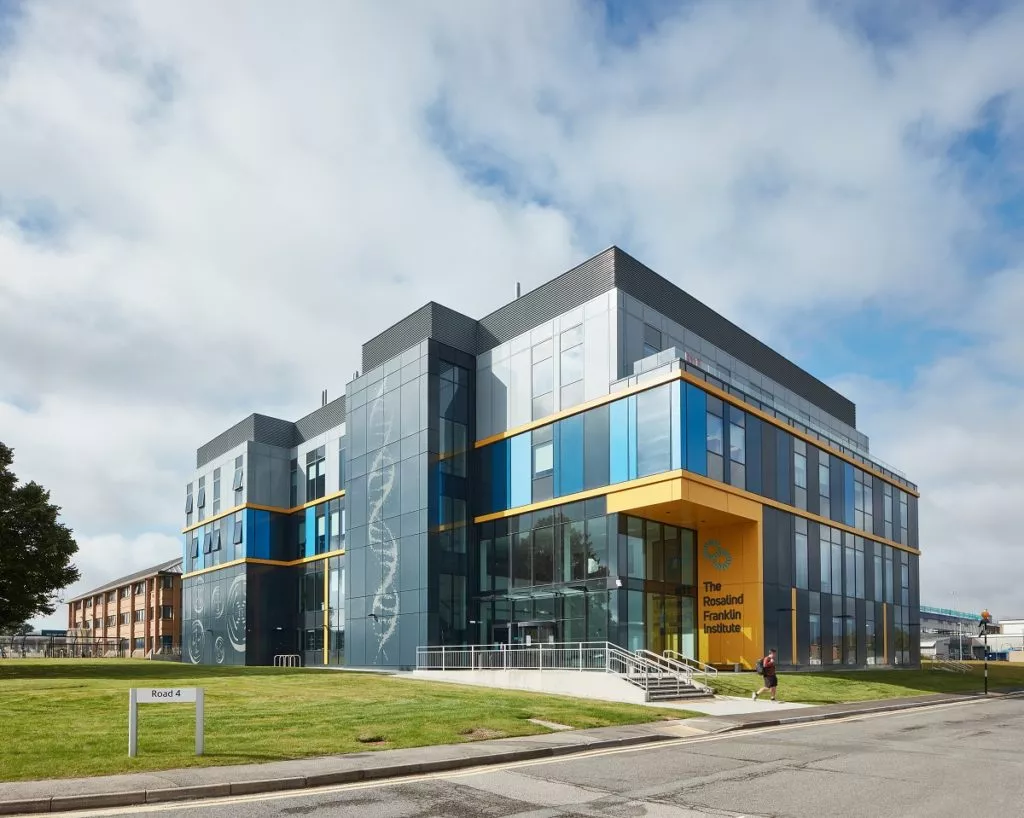
The Rosalind Franklin Institute (RFI)
The RFI is dedicated to developing tomorrow’s life science innovations through technology development and needle-point research.
-
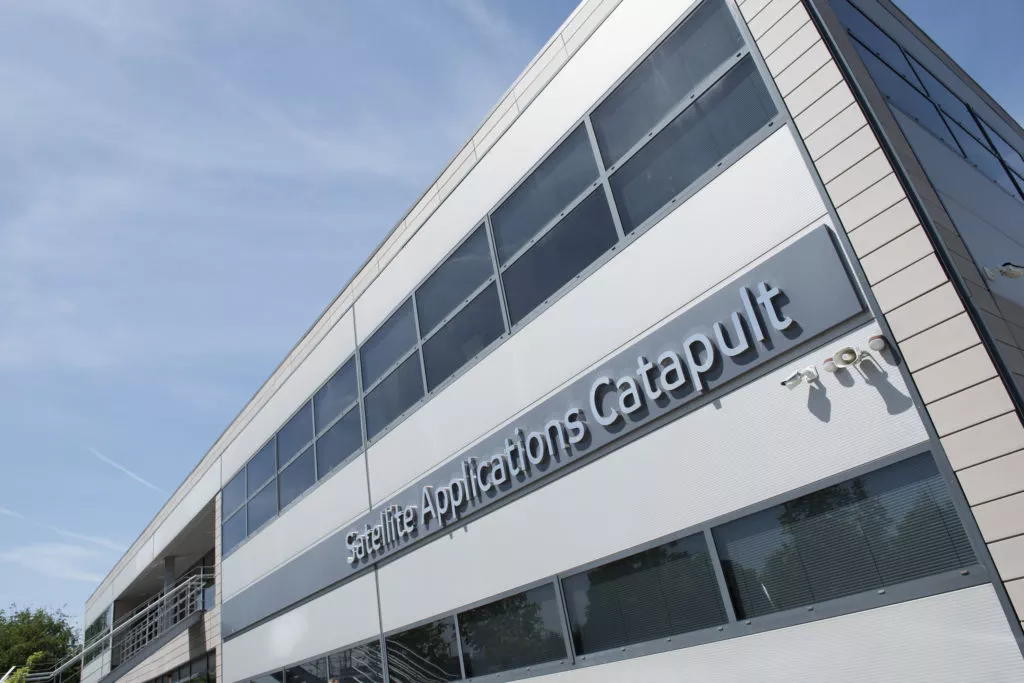
Satellite Applications Catapult (SAC)
At the forefront of the satellite services revolution, accelerating innovation in space applications for real-world impact.
-
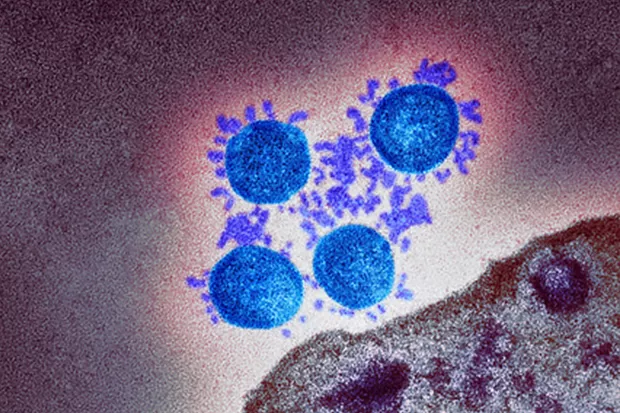
The UK Health Security Agency (UKHSA)
The agency is at the front line in protecting the nation from infectious diseases and future threats to public health.
-
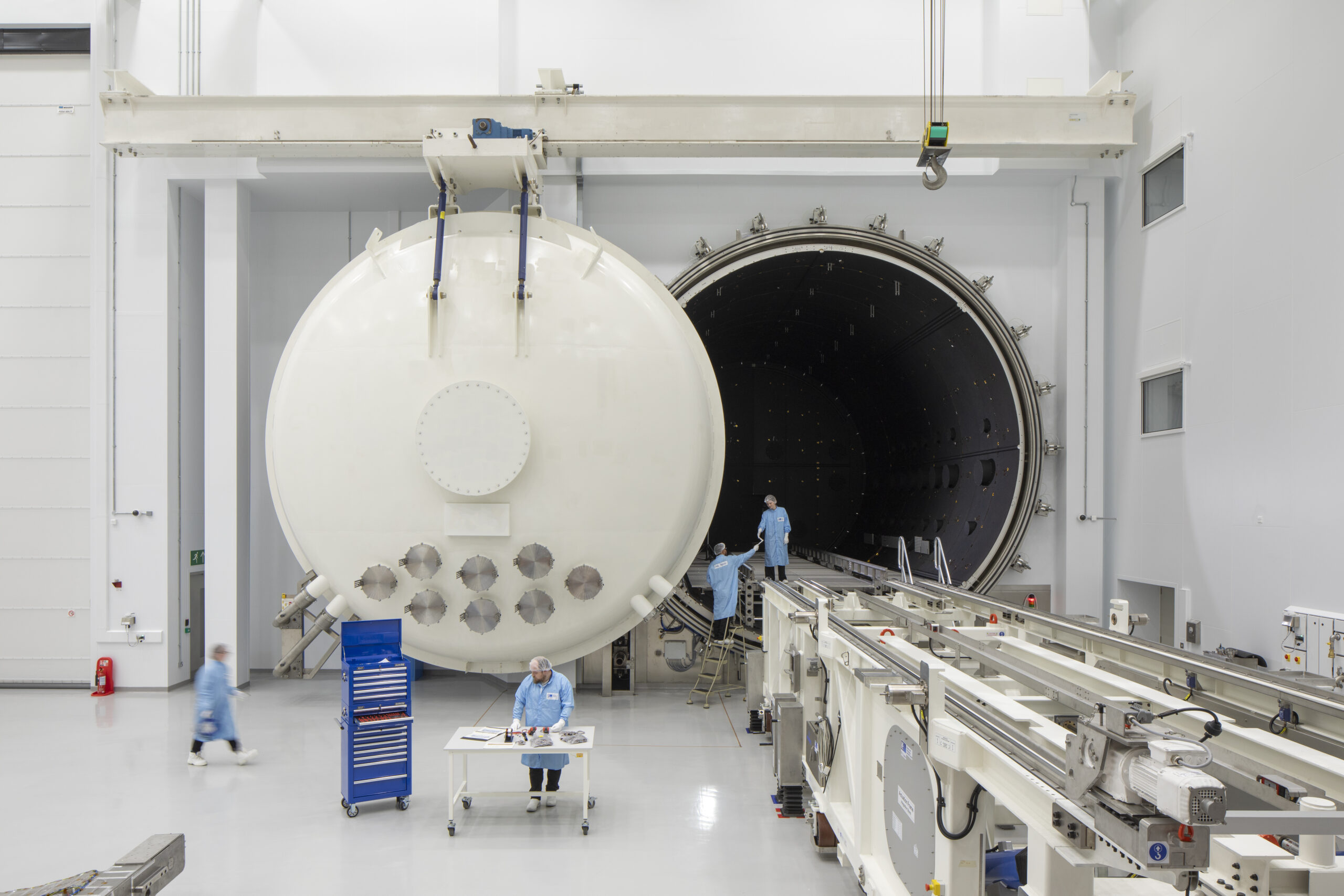
Lift off for new UK National Satellite Test Facility
The UK’s first “one-stop shop” for large satellite testing has been officially opened and is set to welcome its first customers. The National Satellite Test Facility (NSTF) at Harwell Campus and operated by the Science and Technology Facilities Council (STFC) RAL Space is set to ensure that spacecraft up to seven tonnes will survive launch…
-
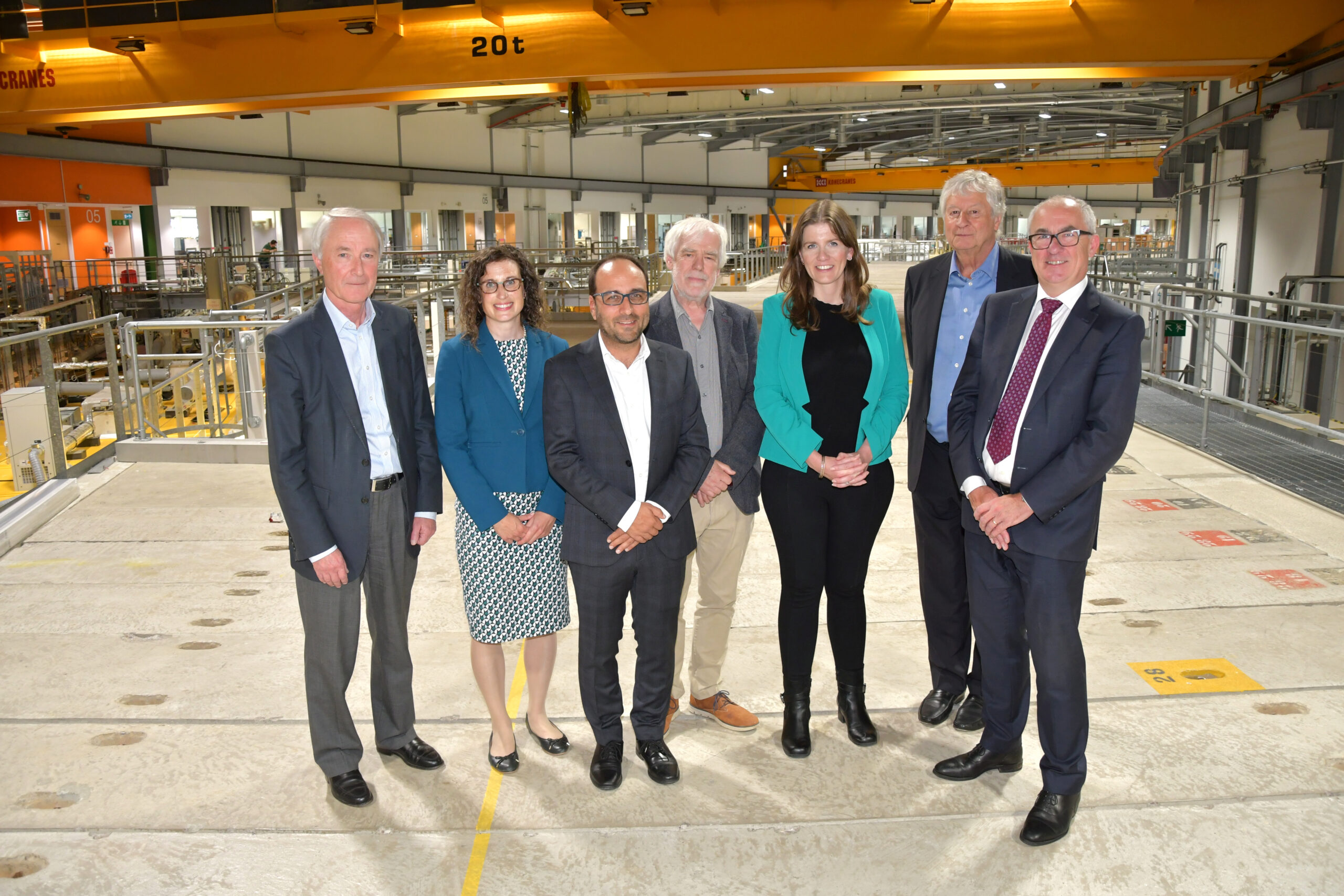
National science facility at Harwell gets £500m
The Diamond Light Source, a ground-breaking science facility at Harwell Science and Innovation has been granted a £500 million upgrade fund. The Department for Science, Innovation and Technology together with Wellcome, one of the world’s largest biomedical charities, announced approval for Diamond-II – an innovative update and expansion programme to the UK’s national synchrotron, which…
-

Catching Agilent’s eye – Cobalt’s turbocharged growth story
A spark of discovery in molecular spectroscopy has led to “turbocharged” growth for a spin-out company, following its application in pharmaceuticals and airport security.
